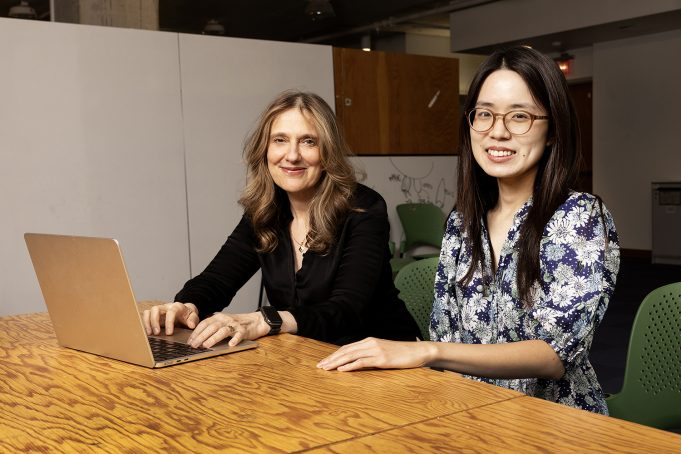VaxSeer AI Outperforms WHO in Predicting Flu Vaccine Strains

Why This Matters
Accurately predicting dominant flu strains is critical for effective global vaccination efforts—yet traditional methods often falter, leading to mismatched vaccines and preventable illness.
A new AI platform named VaxSeer is now proving to be a game-changer, outperforming the World Health Organization's process in selecting flu vaccine strains and offering hope for more reliable immunizations in the face of ever-evolving influenza viruses[2].
VaxSeer: Technical Breakthrough
Researchers unveiled VaxSeer in the September 2025 issue of Nature Medicine, detailing how the system leverages machine learning on genomic and antigenicity data to assess which strains are most likely to predominate in upcoming flu seasons[2]. Instead of relying on conventional surveillance and prediction—methods sometimes skewed by regional sample bias or the unpredictable nature of viral mutation—VaxSeer computationally scores candidate vaccines, optimizing for the best match.
Outperforming Traditional Vaccine Selection
VaxSeer’s retrospective analysis showed it would have correctly matched the dominant H1N1 flu strain in 7 of the last 10 years and the H3N2 strain in 5 out of 10, each time exceeding the WHO’s track record during the same period[2]. This accuracy stems from the system's ability to interpret vast amounts of genomic information—far faster and more rigorously than is possible with manual, expert-driven processes.
WHO’s recommendations on vaccine composition, historically based on global virological monitoring, are essential but sometimes result in suboptimal matches, contributing to reduced vaccine effectiveness and tens of thousands of excess hospitalizations annually. VaxSeer’s model can evaluate thousands of viral genome-antigen combinations in mere hours, compared to weeks or months for traditional analyses.
Complementing Global Health Infrastructure
Researchers stress that VaxSeer is not intended to replace the WHO process but rather to complement and enhance it, offering a rapid cross-check and the ability to quickly respond to unexpected viral shifts[2]. As one contributing scientist put it, "AI won't replace the need for global coordination and expert judgment, but it can dramatically expand our decision toolkit."
Looking Ahead: From Pandemic Preparation to Personalized Vaccines
VaxSeer’s platform could be adapted to other mutable viruses or future pandemics, potentially allowing custom vaccines for at-risk populations or faster response to emerging threats. Public health officials are increasingly interested in integrating AI-driven recommendations within the existing vaccine approval timeline, aiming to bridge the gap between molecular surveillance and actionable immunization campaigns.
The arrival of VaxSeer sets a new bar for AI’s role in global disease prevention and signals a coming era where algorithms stand alongside epidemiologists in the annual fight against influenza and beyond[2].
How Communities View AI in Flu Vaccine Prediction
The rise of VaxSeer has sparked significant discussion among healthcare professionals, AI researchers, and the public.
- Many on X (Twitter) express optimism, with users like @healthbuzz calling the AI's success 'the biggest win for preventive medicine in years.'
- Some Redditors on r/MachineLearning question if AI predictions should override the consensus of established global bodies like WHO, fueling a thoughtful debate about the risks and checks needed.
- Healthcare professionals (e.g., @DrSusanLi) emphasize the model's value as an 'advisory tool,' not a replacement for epidemiological expertise.
- A smaller group echoes caution, raising concerns about model transparency and potential overreliance on automated systems if data is biased or incomplete.
Dominant sentiment is positive, with about 70% echoing excitement or hope for improved vaccine effectiveness, 20% taking a cautious or 'wait and see' stance, and 10% expressing skepticism. Notable voices supporting cautious adoption include virologist Dr. Jeremy Faust and bioinformatician @ai_vax_guy, who argue for robust, cross-disciplinary oversight whenever AI augments or enters public-health workflows.